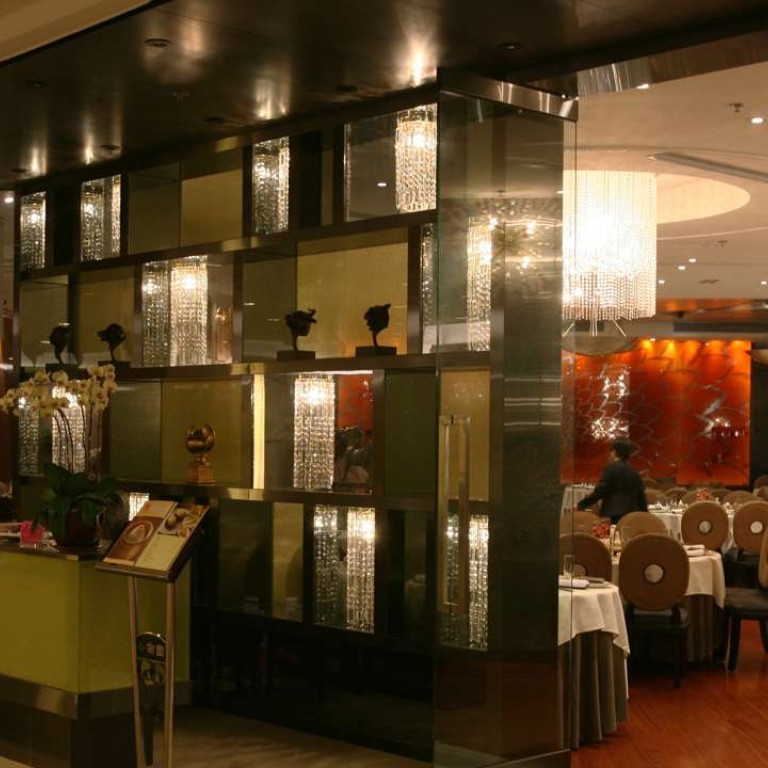
New | Swipe to eat: Restaurants go online to survive in Internet age
Brick-and-mortar restaurants are compelled to go online as more customers prefer to swipe to order, or to pick their eateries
Mounting rents and staff costs have pushed China’s restaurant chains to resort to mobile applications for survival, as more millennials now opt to select their eateries and order food through swiping instead of walking.
“Brick-and-mortar businesses like us in China are facing a bottleneck now,” Wang Huimin, founder and chairwoman of Xiao Nan Guo Restaurants Holdings said in an interview with the South China Morning Post. “To break it requires us to go online and serve customers at their own place.”
Wang, 61, is dubbed “China’s Restaurant Queen” for her catering portfolio of mid-to-high-end Shanghai Min and more casual The Dining Room chain. She also owns a majority stake in Pokka Cafes across China and opened the first Wolfgang Puck Bar & Grill in Shanghai last year in collaboration with its namesake Austrian master chef, who is celebrated for his exquisite courses for Oscar banquets.
Speaking on the sidelines of th China Catering & Hostel Leadership Summit, Wang flagged concerns over escalating costs eating into the bottom lines of traditional Chinese restaurant operators, many of whom have already grappled with an economic downturn and President Xi Jinping’s multiyear drive to rein in ostentatious spending.
“Over the last decade, the industry has been hit by a 40 per cent surge in rents, a 20 per cent rise in raw material expenses, as well as swelling labour and tax expenses,”Wang said.”That has squeezed our profit margins to below 5 per cent.”
It suffered an over 35 per cent leap in staff and occupancy costs for 2015, which dragged annual earnings into losses of 98.4 million yuan.
Many urbanites opt to order dishes online also because the sites tend to offer steep discounts, and allow them to write restaurant reviews.
Helped by the popularity, the booking applications are showered with money from investors. In January, venture capital-backed Meituan-Dianping raised a record US$3.3 billion in a private funding round from investors including Tencent, and Singapore’s sovereign wealth fund Temasek Holdings.
“In future, everyone will be able to book their customised catering services online, which, without question, will bring a huge overhaul to established market players,”predicted Liu Yang, chairwoman of fund house Atlantis Investment Management.
After her investment in The Mermaid was rewarded with China’s largest box office takings this year, Liu set her sights onto catering, placing bets on a business-to-business online marketplace for Chinese restaurant operators called Wowo.
Yet industry experts argued it remained crucial for restaurants to maintain their appeal as a proper brick-and-mortar place where people can visit and enjoy the different dining experience from having takeaways at home.
“People eat out not simply because of the food, but also because they want to socialise with others in a pleasant and fresh setting” and enjoy the ambience of a restaurant, said Zhu Danpeng, an associate with China Branding Institute.

